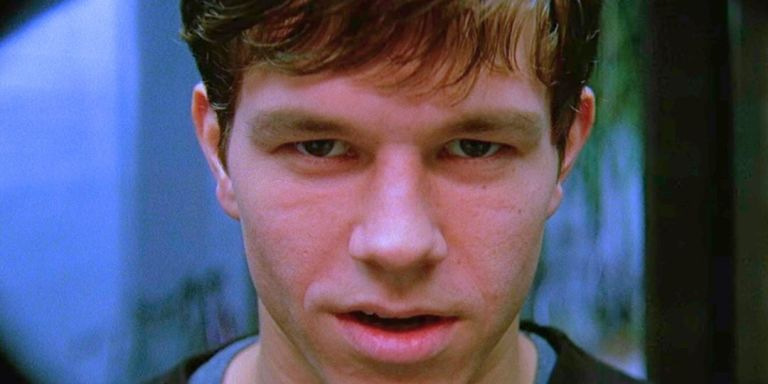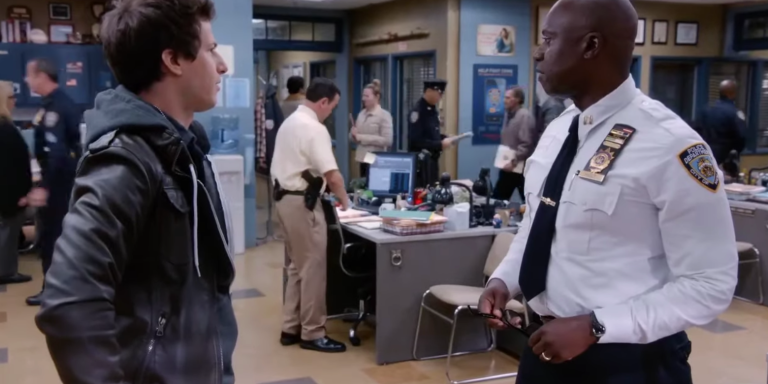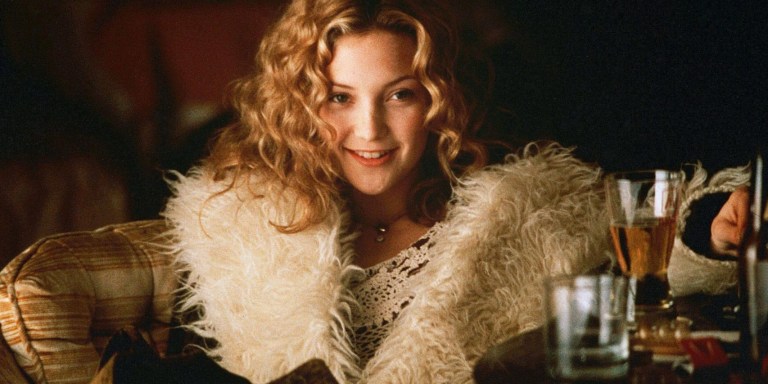
When we criticize others what we are really engaging in is criticism of ourselves.
For example, when I call my ex a sociopath, what I am really expressing is my fear that I am a fool, that I am blind to the deception inherent to any expansive dating life. When I express my disgust and disbelief over his actions, what I am really expressing is my aggressive suspicion of my own inadequacy, my fear that there is something about me that calls out to be disrespected.
When we criticize whomever has deceived us, we are actually experiencing the regret of what we have allowed into our lives, the regret of our own passivity, our own impressionable tendency to rush a person into our heart, to see a person as our answer before even indulging the natural instinct to question the mystery surrounding a person’s character.
When we bash another person is it because they are the source of all our anger? Well, no.
Remember, anger is sadness turned outward. We profit off of such anger because anger disguises the true source surrounding our sadness and perpetuates our tendency toward delaying, delaying, delaying and denying, denying, denying.
When we bash another person, I think at the core it’s always a bashing of our own judgment, the fear that we cannot trust ourselves. I think when we criticize another person, become all excitable indulging others with our sob story, I think what’s really going on is we are restless to uncover our own self-betrayal. We are restless to declare it, to admit to our own self-doubt, to purge the hostility we have toward our own feebleness, to alas be freed of this criticism of ours.
So, does the fallback girl actually hate the narcissistic sociopath for disappearing? Not really. What she hates is the exposure he has given her to her own truth. The truth being that we would rather take in anyone in hopes of them becoming our answer than commit to becoming the one who can answer to themselves.
And the truth is we do attach ourselves to the promising qualities of a person, and we attach ourselves way too quickly. This is what a lover’s sudden disappearance sheds light on. Our own desperate attempts to turn anyone into “the one.”
When we are caught up in hunting down the one, what we are indirectly telling ourselves is we are not enough, that we have not been able to make ourselves happy yet. In fact, when we constantly involve ourselves in the rush toward love and the chase, what we are actually communicating is our lack of faith.
When we seek out everyone else, when we hold our heart out to them, what we are saying is we don’t really believe we will ever have what it takes to make ourselves happy on our own.
This is why we resent the people who leave us because when we fall out of our relationships, we are forced to fall back on ourselves, and it is only really then that we see how little we are providing ourselves to fall back on.
This is something we must try seriously to understand. Our anger is never what it seems to be over.
Our anger is less an anger over his disappearance, and more a sadness that there is something in us that we can’t seem to shake, that we can’t seem to accept, a sadness over there being something about ourselves that we have a habit of abandoning. The thing is, this sadness of ours portrays the deep want we have to love that part of ourselves, whatever that part is, we have a deep need to give that part of ourselves more attention, compassion, and care.
That is why we find the situation of being left so unsettling. We are unsettled less by a lover’s deception and more by our own ability to sabotage ourselves, to simply not give ourselves the time and patience necessary to develop a genuine love for ourselves, an acceptance.
So, in the instance of criticizing a boyfriend for his cowardly habit of disappearing, what we are really at odds with is how we keep on finding ways to distract ourselves from showing up in our own lives.
What we are actually at odds with is our tendency of falling out of love with ourselves.
The best news is there is nothing and no one beyond ourselves that is stopping us from developing self-love. If we want it, it can be ours—forever. We just need to make ourselves a priority first and foremost. ![]()





